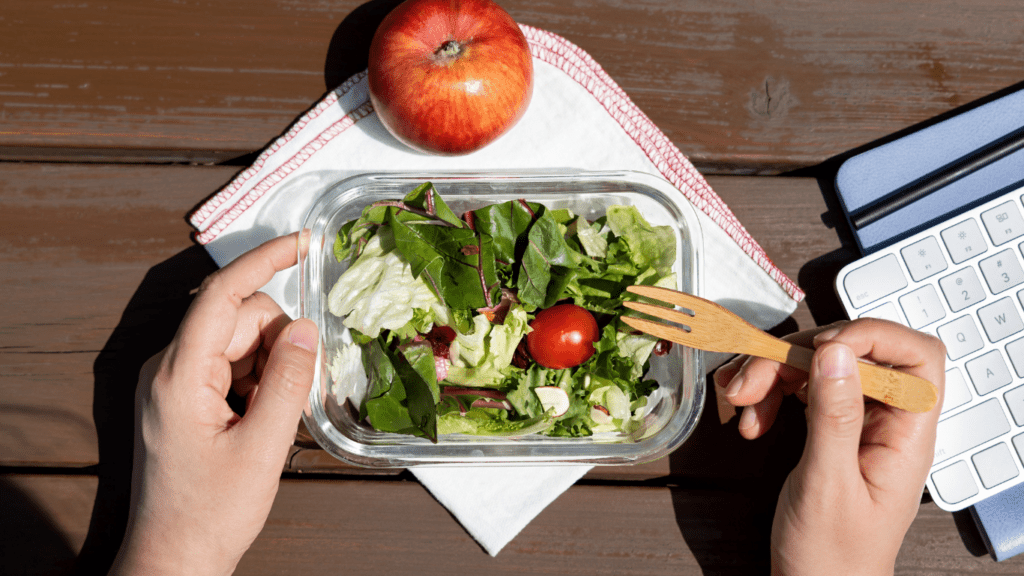Are you looking to make healthier choices for your family’s diet? As a nutrition enthusiast, I’ve gathered valuable tips to help you reduce processed foods in your family’s meals. It’s essential to prioritize whole, nutrient-dense foods to support your loved ones’ well-being.
In this article, I’ll share practical strategies and easy swaps that can make a significant difference in your family’s diet. By focusing on fresh produce, lean proteins, and whole grains, you can create delicious and nutritious meals that everyone will enjoy. Let’s embark on this journey together towards a healthier lifestyle for you and your family.
Understanding Processed Foods
Processed foods are items that have been altered from their natural state through various methods such as freezing, canning, or packaging. These foods often contain added sugars, salt, preservatives, and artificial ingredients to enhance flavor and prolong shelf life.
- What Are Processed Foods?
Processed foods encompass a wide range of products found in grocery stores, from sugary cereals and packaged snacks to canned soups and frozen meals. These items undergo manufacturing processes that can strip them of nutrients and fiber while adding unhealthy components like trans fats and high levels of sodium. - The Effects on Health
Consuming a diet high in processed foods has been linked to an increased risk of obesity, heart disease, diabetes, and other chronic conditions. These products are typically high in calories, unhealthy fats, and refined sugars, which can contribute to weight gain and negatively impact overall health. By minimizing processed food intake and focusing on whole, unprocessed foods, you can improve your family’s nutritional intake and promote better well-being.
Planning a Processed-Free Family Diet
When aiming to transition to a diet low in processed foods for your family, planning your meals effectively is crucial. Here are some key considerations to help you in this process:
Importance of Meal Planning
In planning a processed-free family diet, meal planning plays a vital role. By strategizing your meals in advance, you can ensure that you have wholesome, unprocessed ingredients on hand to create nutritious dishes. This practice not only helps in reducing the temptation to opt for convenience foods but also allows you to control the quality of ingredients used in your family’s meals.
Reading Food Labels
Understanding how to decipher food labels is essential when striving to reduce processed foods in your family’s diet. By checking the ingredient list on packaged foods, you can identify additives, preservatives, and hidden sugars that are common in processed products. Opt for items with shorter ingredient lists containing familiar, whole foods to make healthier choices for your family.
Simple Whole Food Substitutes
When aiming to reduce processed foods in my family’s diet, I find simple whole food substitutes crucial. By making these effortless switches, I can ensure my family consumes more nutrient-dense options.
Alternatives to Common Processed Items
In my experience, replacing processed snacks like chips and cookies with alternatives such as air-popped popcorn, whole grain crackers, or homemade energy balls has been a game-changer. Opting for these healthier alternatives not only satisfies cravings but also provides essential nutrients without the added sugars and preservatives found in many processed snacks.
Incorporating Fresh Produce
In my household, incorporating fresh produce into every meal is a priority. Whether it’s adding leafy greens to smoothies, vegetables to stir-fries, or fresh fruits as snacks, the variety and colors of fresh produce not only enhance the visual appeal of our meals but also boost the nutritional content. By focusing on using seasonal fruits and vegetables, I ensure my family gets a diverse array of vitamins, minerals, and antioxidants essential for overall health.
Involving the Whole Family
When it comes to reducing processed foods in our family diets, involving everyone in the journey is key. Here’s how I recommend engaging the whole family to make healthier choices together.
Educating Children on Healthy Eating
Teaching children about healthy eating from a young age not only sets the foundation for a lifetime of good habits but also empowers them to make informed food choices. In my experience, involving kids in grocery shopping, meal prep, and cooking can pique their interest in nutritious foods. It’s important to explain the benefits of whole foods and the impact of processed snacks on our health. Encouraging children to try new fruits, vegetables, and whole grains can help expand their palate and increase their nutrient intake.
Fun Cooking Activities
Cooking can be a fun and educational experience for the whole family. Engaging in cooking activities together is a great way to bond while instilling healthy eating habits. From creating themed meal nights to hosting cooking challenges, there are numerous ways to make cooking enjoyable for children. In my household, we like to have “make-your-own” pizza nights using whole wheat crust and a variety of vegetable toppings. This not only encourages creativity but also allows everyone to customize their meal according to their preferences. Experimenting with new recipes and involving children in the cooking process can foster a love for nutritious foods and promote a positive relationship with food.



